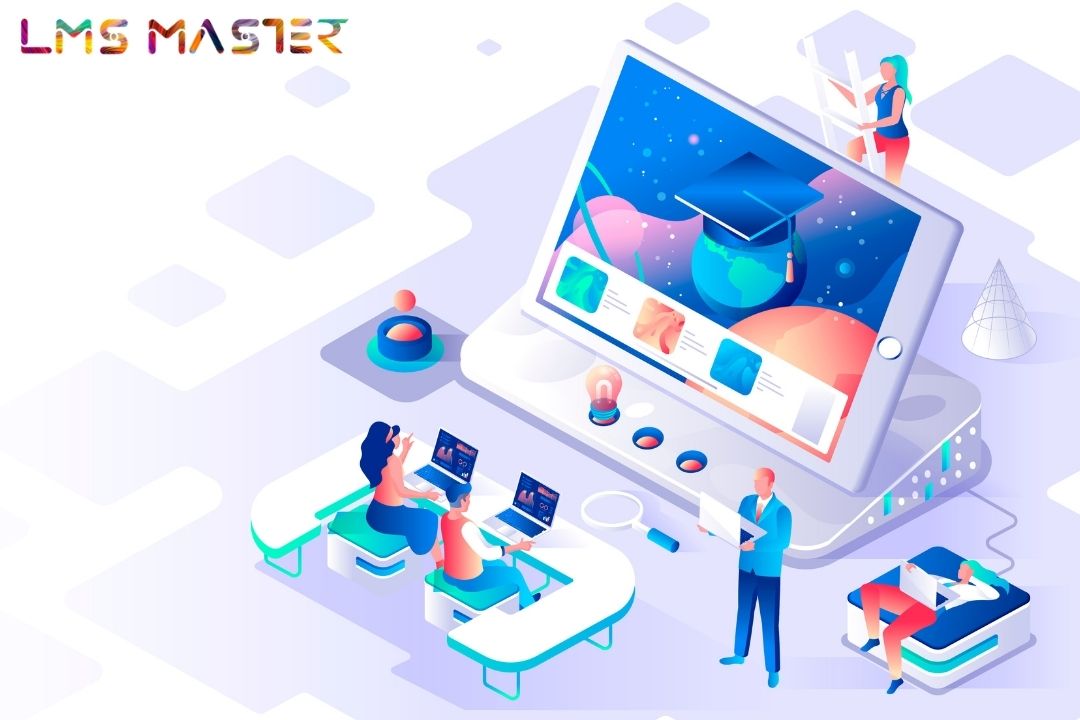What is Proctoring Examination
The current global health crisis has raised many challenges to the students in attempting their exams. But in the recent days, across the globe, the education system has turned to virtual learning introducing proctoring exams as a practical solution during the prevailing pandemic situation. The meaning of proctoring is not much complicated to understand.
Proctor and Proctoring
A proctor is a person who is trained and qualified to supervise the students from performing any illegitimate activity during the examination. proctoring or proctored test is the process to ensure the legitimacy of the test taker in order to prevent them from cheating when a proctor is present during the duration of the examination.
Proctored Exams
Proctored exams are regular exams by using the proctoring software which monitors your desktops or PC’s, webcam audio and video. The proctoring software records the data and transfers the same for review. As Online proctoring has a safe and secure technology, it is highly used by many schools and universities to prevent students from performing any illegitimate activities.
To proceed with an online proctored test, candidate should have the following requirements
1. A desktop or PC, laptop and mobile
2. An Internet connection
3. A webcam and a mic
Advantages of Proctoring
- It is highly convenient for the students as exams are conducted online because it removes the location constraint.
- It saves times and effort by reducing involvement of individuals to invigilate the students.
- It is a reliable solution for the entire exam to be conducted with utmost safety and security.
- it intensifies easy evaluation with a few clicks and results are declared as the exam software is combined with remote proctoring.
- A large number of invigilators are eliminated, the institutions can also marginally reduce the cost of conducting examinations as the process takes place in an online platform.
Online Exam Proctoring
The online exam proctoring is also referred asremote proctoring where a candidate is monitored by accessing the screen, mic and webcam of the candidate during the exam. It gives freedom for the candidates to appear for the exam from any location irrespective of the geographical limitations. There are three kinds of proctoring done during exams. They include
- Live online exam proctoring: A qualified and trained proctor monitors the candidates’ through audio-video screen in real-time at a remote location. It has an advantage of flexibility of the proctoring location compared with that of the offline proctoring.
- Recorded proctoring: Theaudio-video and screen share feeds of the candidates are recorded and reviewed by a proctor at their convenient time. The recordings are played in a rapid manner for the proctor to detect the sceptical activities.
- Automated proctoring: The most advanced and latest form of proctoring, is the automated proctoring because it does not require the human intervention at all during the entire proctoring process. The candidates are identified by the authentication of face recognition. The system records the audio-video and screen share feeds in synchronously monitoring the students’ sceptical activities using the advanced video and audio analytics. This type of proctoring works by reducing candidate logins to specific IP addresses and blocks the copy-paste options. It highly helps in restricting the candidates to switch the window or access any other application during the test. It can also track the mouse movement, candidate movement and other set functions. The location and time constraint are removed making the automated proctoring economical and reliable.
Thus, the future of online proctoring grabs a lot of scope and benefits the users. It is being readily accepted by various industries and sectors marking its credibility in the world of online assessments.



